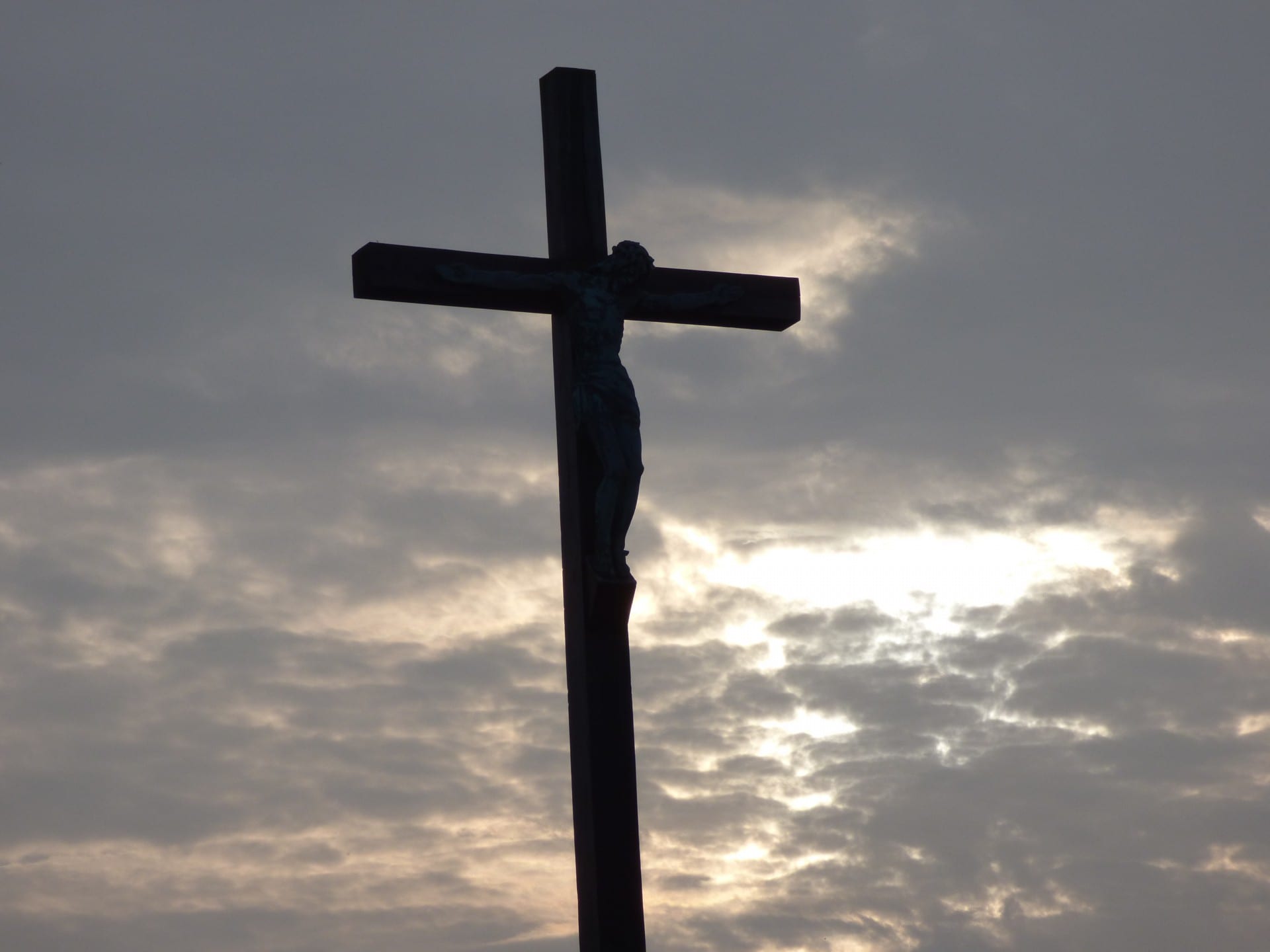Keim dwells much on the fact that little or no mention is made of the Asiatic work of St. John till the close of the second century. It is not mentioned, he says, in the Acts of the Apostles, nor in the Ignatian Epistles, nor in Polycarp’s letter to the Philippians, nor in the letter of the Churches of Lyons and Vienne. The answer to this difficulty, if it be one, is twofold. It is that, in the first place, there was no special reason why it should have been mentioned in any one of these documents; and that, in the second place, the “argument from silence” is always a most untrustworthy way of attempting to throw doubts on facts for which there is positive evidence. Are we to doubt the existence of Milton or of Jeremy Taylor—of Bacon or of Shakspeare—because these contemporaries make no allusion to each other in their voluminous writings? Humboldt points out that in the archives of Barcelona there is no trace of an event so important as the triumphal entry of Columbus; in Marco Polo’s travels no mention of the wall of China; in the archives of Portugal no allusion to the travels of Amerigo Vespucci. Michelet, in his History of France, states that the two chief historians of the Sicilian Vespers make no mention whatever of Procida, though he was undoubtedly the chief mover in that terrible event. The argumentum ex silentio may be set aside as wholly unimportant.
Frederic William Farrar, The Early Days of Christianity, 3rd ed., vol. 2 (London: Cassell, Petter, Galpin & Co., 1882), p. 570.


